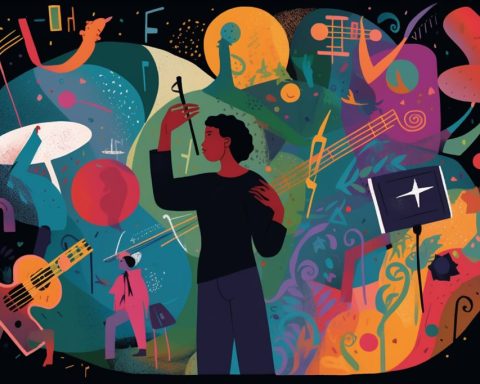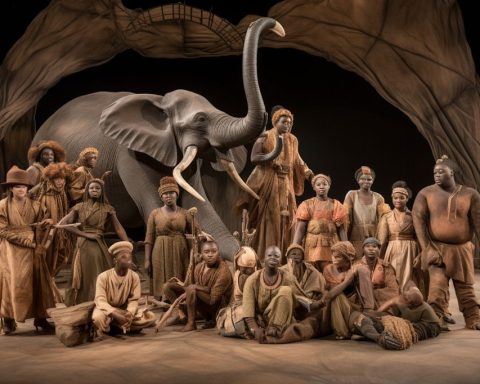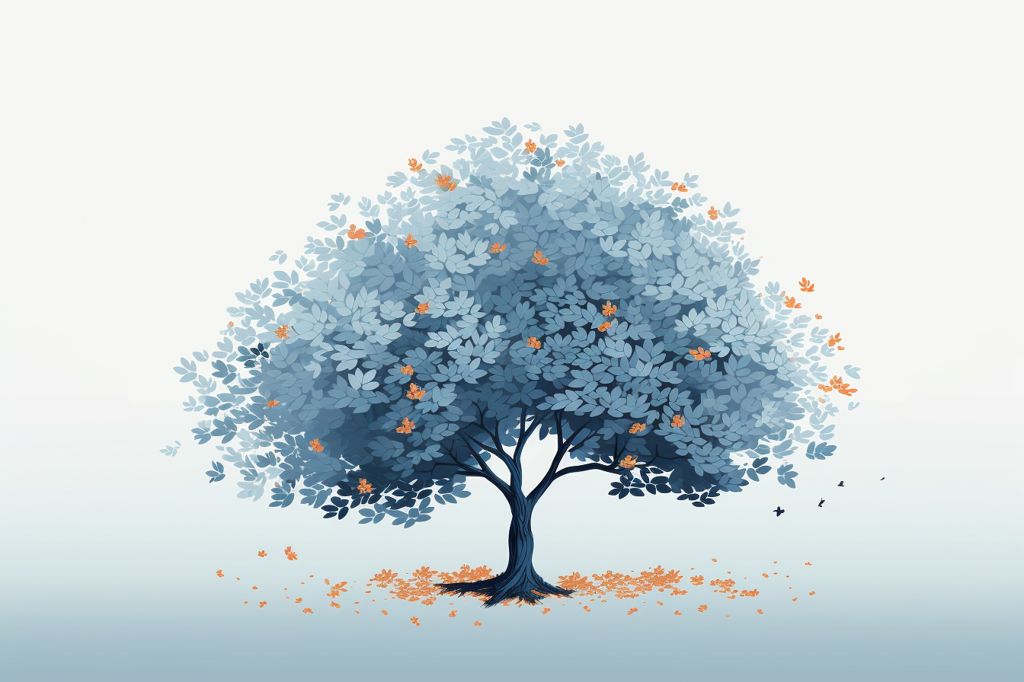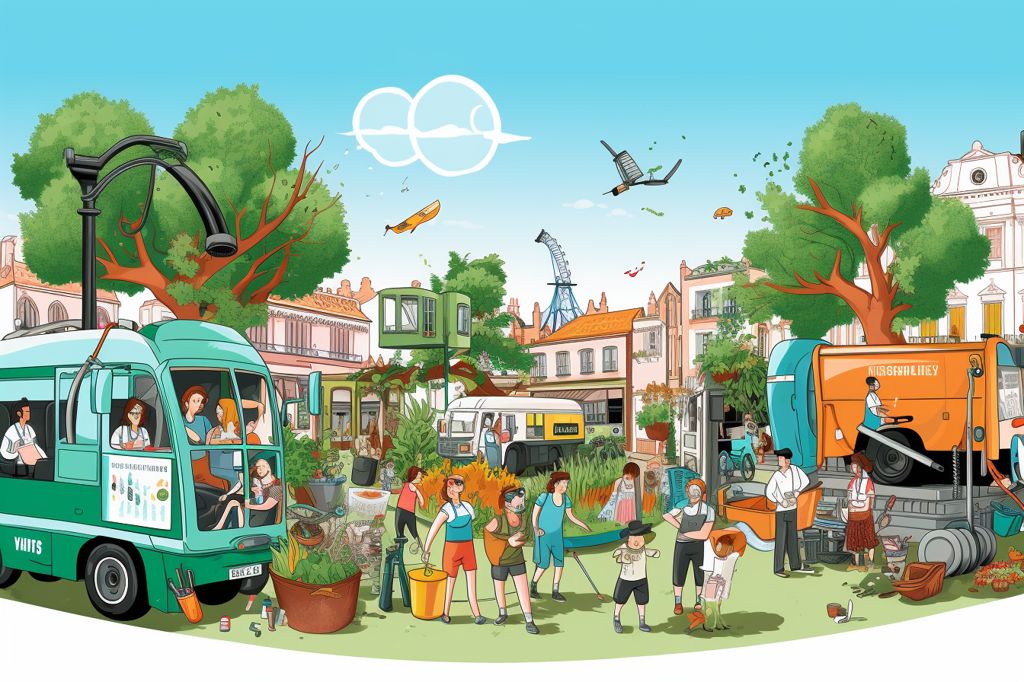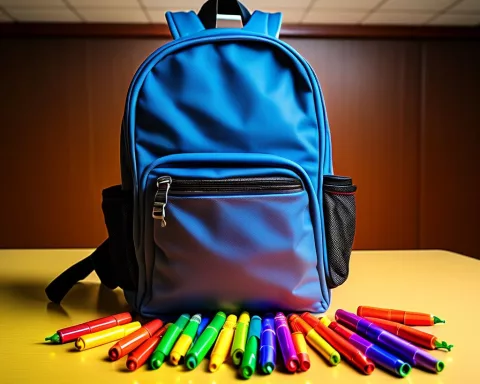Origami, the art of folding paper, has proven to be a powerful tool for visually impaired students at Athlone School for the Blind in Bellville South. Led by their dedicated teacher, Asemahle Mbijana, these students are discovering the joy of creative expression and newfound confidence through this art form.
The Art of Origami
With careful and precise movements, young learners transform simple pieces of paper into complex two- and three-dimensional creations, using nothing more than their hands and a single sheet. Guided by Mbijana, they craft a myriad of objects, from elegant cranes and fragile butterflies to ninja stars, pencils, and cups.
The Learners
Athlone School accommodates a diverse range of learners, from completely blind to partially sighted children, spanning from Grade R to Grade 12. The institution also houses a department for severely intellectually disabled (SID) students and aspires to establish a school that teaches skills tailored for those with visual impairments.
The Benefits of Origami
Origami has become a source of happiness, relaxation, and tranquility for students in Grades 4 to 7. Deputy Principal Gail Williams proudly recalls how the pupils had the opportunity to showcase their origami skills on World Origami Day at Fish Hoek Library the previous year.
The Legacy of Kyoko Kimura Morgan
Instructors Mbijana and Siyasanga Pike were introduced to origami through guest teacher Kyoko Kimura Morgan when they were nine years old. Morgan, originally from Japan, started teaching origami to her children two decades ago and eventually expanded her lessons to friends and school classes. In 2006, she taught a group of young individuals awaiting trial at Pollsmoor Prison, followed by children displaced due to xenophobic violence at Soetwater Camp in 2008.
Origami for Africa
These experiences inspired Morgan to establish Origami for Africa, an organization dedicated to sharing the benefits of origami with diverse communities. Former students Mbijana and Pike have continued her legacy by spreading the art of origami across various communities in Cape Town, catering to both adults and children.
The Transformative Force of Origami
Origami has been a powerful teacher, offering not only creative expression but also a gateway to opportunities. As Mbijana explains, “Origami is not just for fun; it also helps you gain self-confidence. It helps you to be positive and helps you to be able to speak. It’s therapeutic.”
This timeless art form, with its rich history and universal appeal, has shown its power to not only fascinate and captivate but also to teach and uplift. Through the work of dedicated instructors like Mbijana and Pike, origami is becoming a transformative force in the lives of visually impaired students, proving that creativity and personal growth know no bounds.



